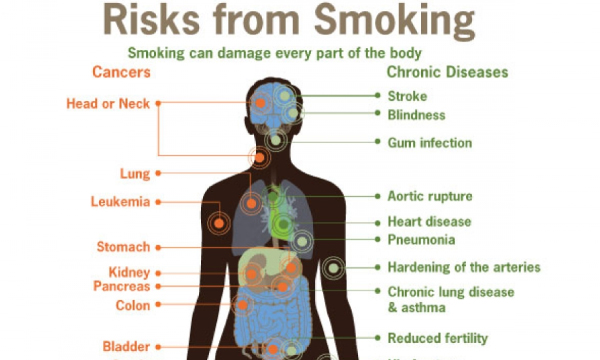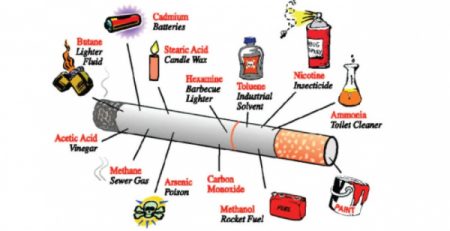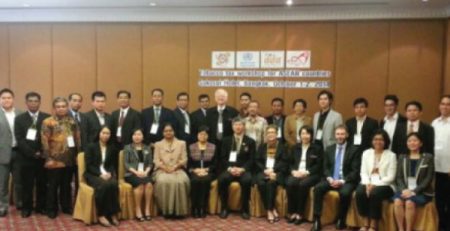The Resolution of the 3rd National Health Assembly, B.E. 2553(2010)
Title:The Resolution of the 3rd National Health Assembly, B.E. 2553(2010): Measures to control the risk factors of tobacco on health
Date: Friday, July 6, 2012; Time: 09:30 16:30 Venue: Meeting Rm. 1911, Sataranasuk Wisek Building, Faculty of Public Health, Mahidol University
Agenda I
Dr. Siriwan Pitayarangsarit, Director of Tobacco Control Research and Knowledge Management Center (TRC), was the president of this meeting. Dr. Siriwan gave opening remarks of the meeting, informing the audience of its purposes which were to: (1) issue a knowledge map to obtain more knowledge for the government sector and society, (2) build cooperation and collaboration among government sectors, societies and educational institutions, especially TRC research leader groups for driving the Resolution of the 3rd National Health Assembly, B.E. 2553 (2010):Measures to control risk factors of tobacco on health and (3) review the work progress according to the Resolution driven by various departments and also any needs for academic support.
Agenda II
Dr. Syrian Pitayarangsarit presented background of the Resolution of the 3rd National Health Assembly B.E. 2553 (2010) on Resolution No.6, ?Measures to control risk factors of tobacco on health? and also indicated work performance development for drafting the main document or resolution that started from the meeting to scrutinized an agenda of the 3rd National Health Assembly on 27 May 2010 until the release of the Ministry?s Resolution on 17 April 2012. The title of the Ministry?s Resolution was the 3rd National Health Assembly B.E. 2553 (2010), Resolution No. 6, ?Measures to control risk factors of tobacco on health? for various government offices to work according to the resolution. Moreover, the Resolution of the 3rd National Health Assembly B.E. 2553 (2010) has been proposed to the meeting according to responsibilities of various departments. The participants, such as representatives of the Ministry of Public Health, the Ministry of Labor and the Ministry of Finance, also exchanged knowledge in driving work progress.
Dr. Hatai Chitanondh, the president of the Thailand Health Promotion Institute, proposed knowledge utilization to the meeting in a presentation titled, ?How knowledge can support government sectors and society?? He talked about wide theories of tobacco control developed in the past until present. He also provided examples of institutes working on tobacco control policies worldwide such as (1) USA (University of California: The Center for Tobacco Control Research and Education, University of Minnesota: Cancer Center: Trandisplinary Tobacco Use, Research Center (TTURC) and Harvard University: Center for Global Tobacco Control), (2) The United Kingdom (The University of Sterling: Center for Tobacco Control Research), and (3) New Zealand (The University of Auckland: The Center for Tobacco Control Research (TCTR). Moreover, Dr. Hatai also presented various types of academic documents that presented research results relevant to issues of cigarettes and health, illustrating tobacco research directions and to increase knowledge of participants at this meeting.











